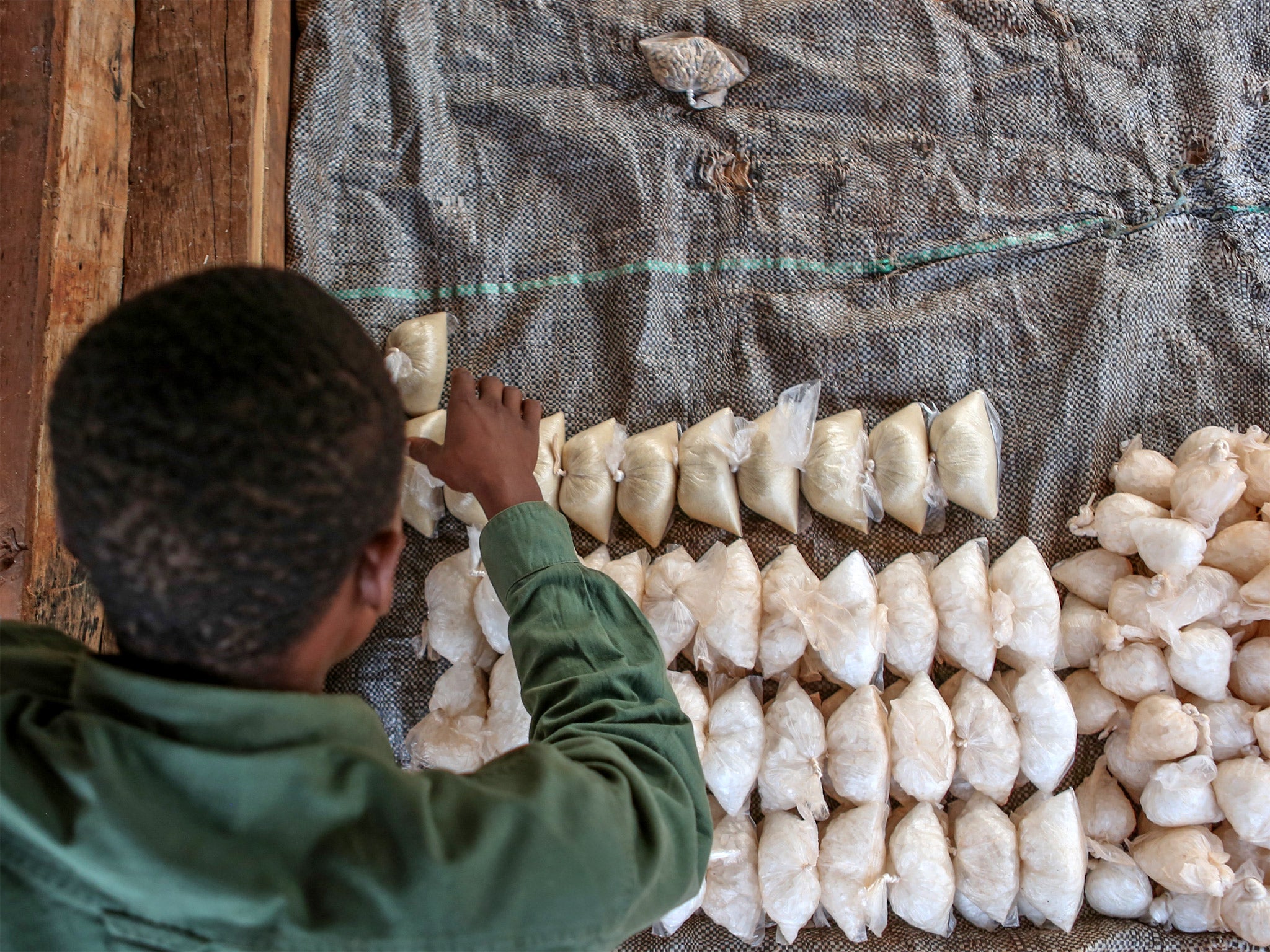Disaster on a colossal scale – but as far as the media is concerned, it isn’t news

Imagine a country with a population of 4.6 million, of whom nearly 400,000 people have fled from their homes in the past six months, driven out by war and insecurity. Imagine a country where lawlessness is rampant and disease is spreading.
Imagine a country described by its own Prime Minister as ‘an anarchy, a non-state’. Imagine a country where thousands of children are forced to join armed groups. Imagine a country whose descent into chaos and armed conflict is largely unknown in the outside world, because it is unreported.
Unfortunately there is no need to imagine such a country. It exists. It is the Central African Republic.
Once notorious for the rule of President Bokassa (1963-1979), who called it the Central African Empire and crowned himself as its Emperor, it has lapsed into obscurity and chronic instability. Its former President Francois Bozize was overthrown in a coup in March by rebels led by Michel Djotodia, the current and self-proclaimed President in this landlocked and ungoverned corner of Africa.
In the most recent violence, 60 people were reported dead in the village of Ganga, 125 miles north-east of the capital, Bangui. The village had apparently come under attack by supporters of the ousted President. Such random killings are everyday occurrences, despite the formation of self-defence groups and home guards.
The infrastructure is being destroyed. Disease is spreading unchecked, especially measles. Tens of thousands of people have sought refuge in the bush. The UN’s refugee agency, UNHCR, estimates that 390,000 have been internally displaced, of whom about half are children. More than 60,000 have fled to neighbouring countries.
Of special concern is the plight of the child soldiers. Unicef puts their numbers at about 3,500 and rising. Much progress had been made in demobilising them, a project partly funded by the £270,000 given for this purpose by readers of The Independent who responded generously to an appeal last Christmas.
Readers’ funds continue to address an even greater need, as, since the coup, the number of vulnerable victims of the conflict has increased. Having fled the violence, some 230,000 children are at risk of being unaccompanied or separated from their families.
But the work of releasing them from armed groups and reintegrating them into their communities goes on in appalling circumstances. So does the protection of children and the provision of life-saving supplies: mosquito nets, blankets, tarpaulins and safe water.
So where is the news coverage? There was a time when a humanitarian disaster on this scale would have had the world’s press swarming all over it, or at least received a due amount of attention.
Sadly, not here and not now. With the exception of some agency reports, notably from Agence France-Presse and from the Christmas Appeal in The Independent, the Central African Republic might as well be under a total news blackout. We know nothing of it.
As a former journalist turned Unicef ambassador, I wonder about this. Even in my time as a war reporter, it seemed to me that the Western news media were in retreat, with the appetite for only one foreign story at a time. Now perhaps not even that. None of this has been imposed by some kind of overarching and sinister censorship. It is the response of the news organisations themselves to the difficulties and dangers of foreign news-gathering and a preference for a domestic agenda increasingly driven by gossip.
No place there for the endangered children of the Central African Republic – and not much either for the million-plus children driven from their homes in Syria. The Central African Republic is short of light news fodder but still has millions of victims.
I call it the death of news. And I think it is time to get real.

Join our commenting forum
Join thought-provoking conversations, follow other Independent readers and see their replies